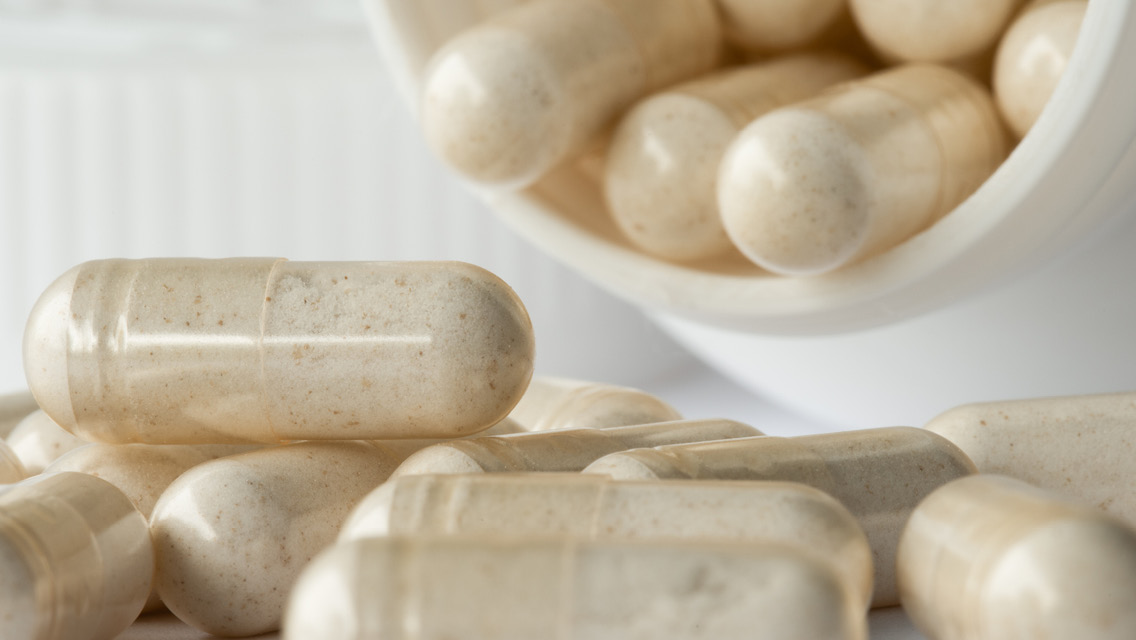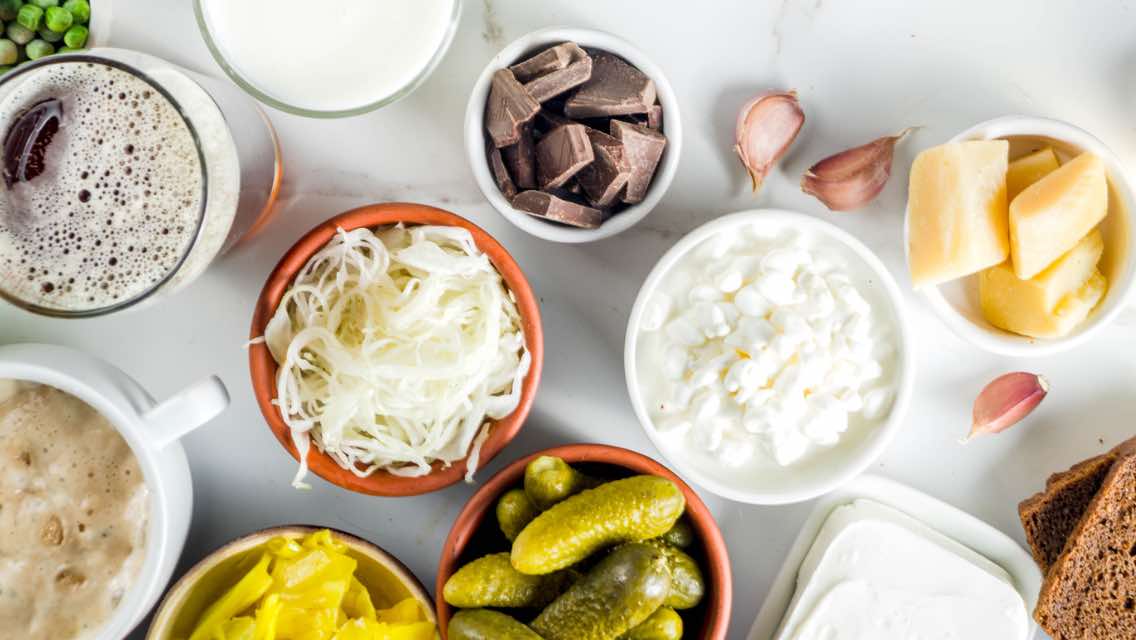“All gut microbiomes are not created equal,” says functional-medicine nutritionist Katie Morra, MS, RD, IFMCP. “They’re like a fingerprint. Everyone has their own gut profile, so how can we all need the same probiotic blend?”
Certain probiotic strains also seem to be more beneficial for certain conditions. These are the three main species of probiotics that are currently available in the United States:
- Lactobacillus and Bifidobacterium-based probiotics are the best-studied. They produce lactic acid and can especially support those with IBS and depression.
L. acidophilus and B. longum are among the most common species found in probiotic supplements. - Saccharomyces boulardii is actually a yeast, not a bacteria. Morra calls it a “yeast-fighting yeast.” Research suggests
S. boulardii may mitigate the harmful side effects of antibiotics and help keep pathogens, such as Clostridium difficile and Helicobacter pylori, in check. - Bacillus, also known as a spore-forming or soil-based organism (SBO), may help replace the bacteria that’s gone missing from our guts because of our reduced contact with soil. These include Bacillus coagulans, subtilis, and clausii. Some experts worry that SBOs may dominate other gut bacteria, especially in people who are immune-compromised; other practitioners, like Ruscio, believe they’re not just safe but essential, citing 20 clinical trials that support their use. (For more on the safety of SBOs, see “Are soil-based probiotics safe?” below.)
Ruscio recommends a pro-biotic supplement or regimen that contains all three categories for maximum benefit, noting that they each support the gut in a slightly different way. “It’s much easier to balance the gut and see a resolution of symptoms with the complete support provided by all three probiotic categories.”
To test your tolerance of all three types of probiotics, start by taking one of each type a few days apart. If you find that any single probiotic category creates constipation, diarrhea, gas, or bloating that lasts longer than a few days, quit taking it and continue taking the other two.
This originally appeared as “The Probiotics Puzzle” in the April 2020 print issue of Experience Life.




This Post Has 0 Comments